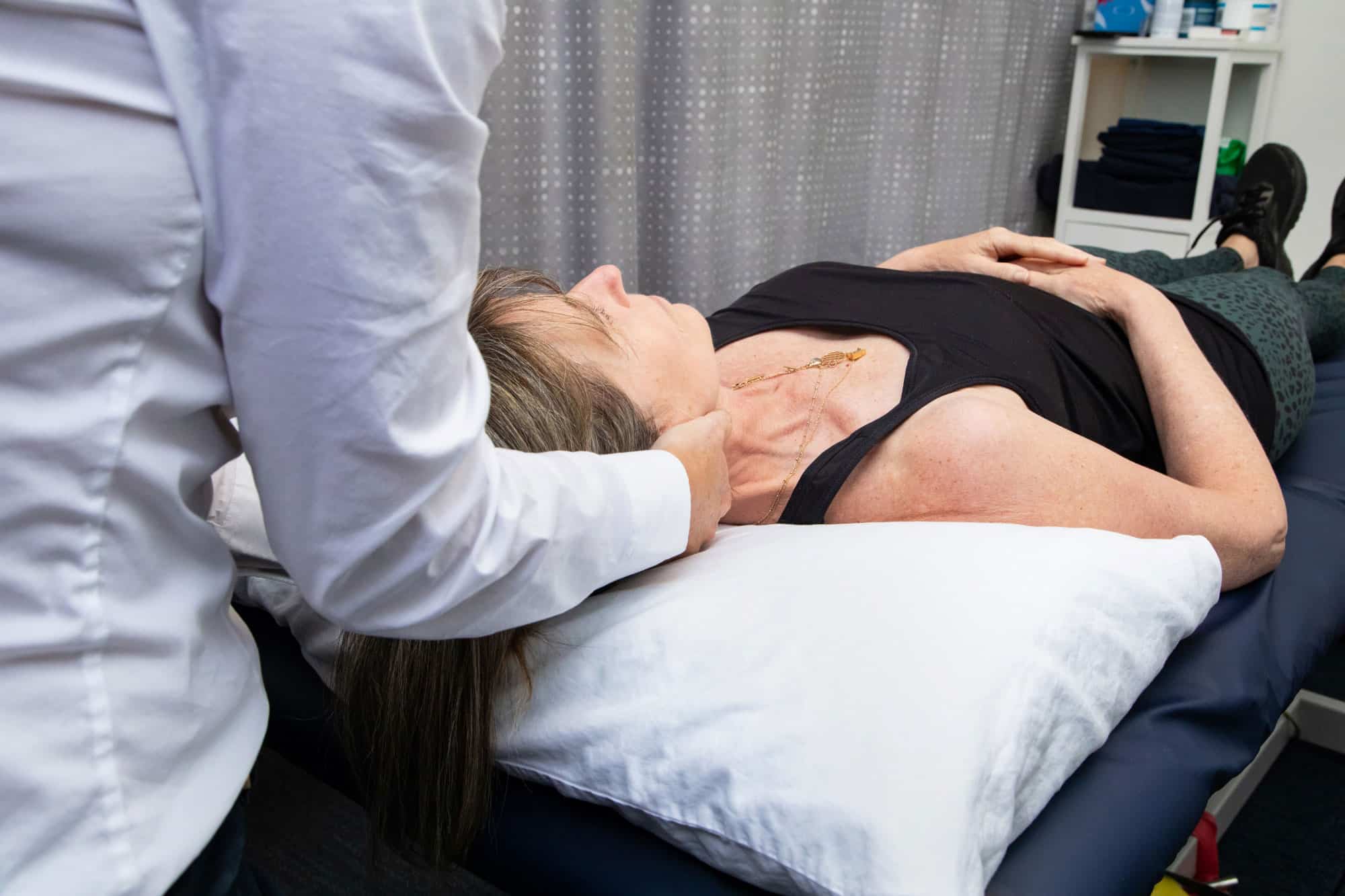We are open Monday to Saturday with extended hours
We are open Monday to Saturday with extended hours

Vertigo is the symptom of a particular type of balance disorder in which you experience the sensation of dizziness, spinning or being giddy or unsteady. The cause of vertigo varies but it generally involves the inner ear. It affects a large percentage of the population on a daily basis (one in three people will experience at least one episode in their life).
The most common cause of Vertigo is Benign Paroxysmal Position Vertigo (BPPV). Here is some information specifically regarding to BPPV:
Signs and Symptoms:
Spinning sensation that occurs usually due to a change of head position (e.g. rolling in bed, looking up etc). These symptoms don’t last for longer than 60 seconds. It is normal to feel nauseous and a bit off balance in between episodes.
What is happening with the body?
The cause of BPPV occurs within the inner ear. The inner ear is made up of the cochlea, which is the hearing centre; and the vestibular system which detects rotational, vertical and sideways movements of the head. BPPV occurs when small crystals (otoconia) are dislodged (from head trauma, infection, or just age) within the semi-circular canals of the vestibular system. As a result, with movements of the head and consequently the inner ear, these crystals will move about, giving the incorrect sense that you or the room is spinning.
What can you try at home?
There is a specific regime of exercises that can help vertigo, however it is essential to consult your GP or physiotherapist who will test that your dizziness is in fact due to BPPV.
Using “Doctor Google” to self-diagnose and try the exercises without accurate diagnosis and supervision could be harmful. A qualified physiotherapist who has experience working with vertigo will prescribe the appropriate exercises for you to do at home.
People with vestibular complaints should try and keep as active as possible. This might be as simple as a gentle walk around the block with a friend or a visit to the gym as tolerated. It is the recovery that is important. If an activity makes you dizzy, then the dizziness should settle within 30 minutes of finishing that activity. If the dizziness takes more than 30 minutes to settle, then the activity was too challenging and should be modified to shorten the recovery time.
How can physiotherapy help?
Be the first to know about news and insights.
"*" indicates required fields